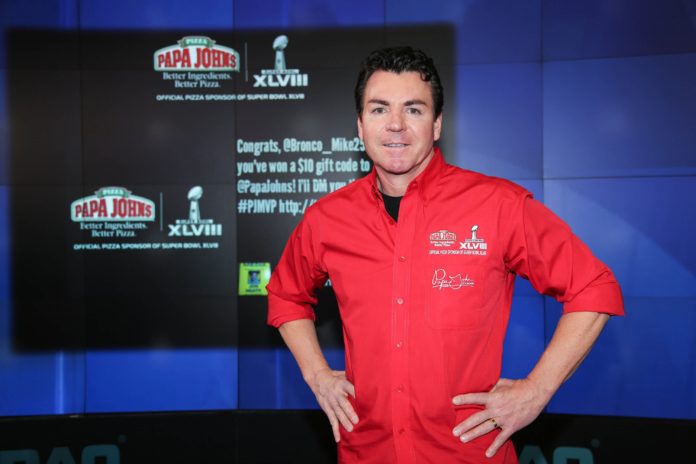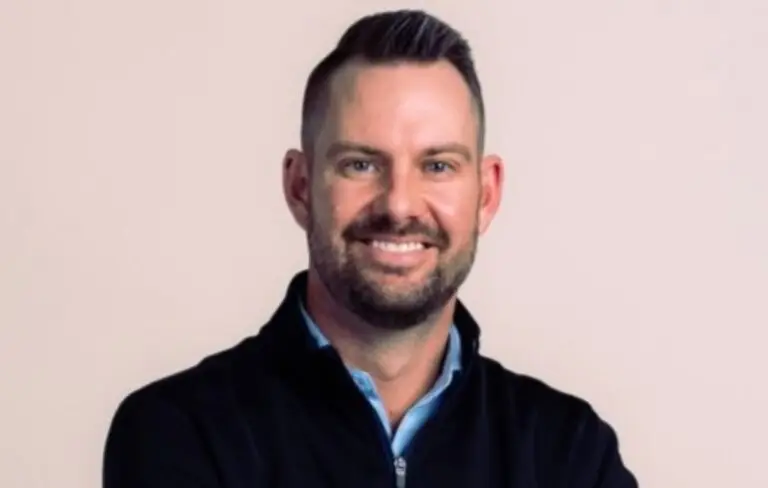
Last year, John Schnatter and Rose Marcario both followed the C-Suite zeitgeist and spoke out on hot-button issues from their CEO perches. Schnatter, then CEO of Louisville- based Papa John’s, told investors in December that the National Football League was mishandling player protests of the national anthem.
He blamed the league’s weakness for denting sales as its “official pizza sponsor.” At about the same time, Marcario, CEO of Patagonia, started leveling high-profile criticism at the Trump administration for downsizing two Utah national monuments, posting a withering message on the company website, “The President Stole Your Land,” and filing suit with an environmental coalition against the actions.
What happened next is as close to a controlled experiment in leadership as you can get, leading to two very different outcomes and plenty of lessons for those hoping to use their perch atop a company as a lectern.
Dynamics across the business and social landscape are prompting more CEOs to act like Marcario and Schnatter and create expanded roles for their companies and, often, themselves. Call it “Goodism.” More than ever, consumers, customers, employees, investors and other constituencies are expecting and even demanding a corporate embrace of values supposedly more sublime than merely making sales and profits, and CEOs are emerging as the logical spear carriers.
In recasting their brands and engaging vigorously in public dialogue, they are moving beyond mere market positioning and even comfortable “corporate social responsibility” accounting of environmental initiatives and donations to human services nonprofits.
Look at how quickly the CEOs of major gun-selling brands, including Ed Stack of Dick’s Sporting Goods and Doug McMillon of Walmart, pivoted onthe issue of increasing restrictions on gun sales in their stores in March after the mass shootings at the Parkland school in Florida galvanized public outcry about America’s approach to firearm regulation.
Dick’s and Walmart alienated a huge swath of their clientele—Second Amendment-dedicated gun owners— but they felt compelled to flip on this hugely divisive issue.
But as CEOs search feverishly for the right course, it’s worth keeping in mind that penalties for getting Goodism wrong can be extreme. In a survey conducted by our sister publication, Corporate Board Member, 26 percent of directors flat out opposed their CEOs taking public stances on controversial issues of the day, and 57 percent said the chief should consult the board before piping up.
In the case of Schnatter, customers fired back on social media that pizza quality was to blame, not the NFL. Papa John’s sank into tepid same-store sales comparisons. In the wake of the public disaster, Schnatter stepped down as CEO of the company he founded and is now chairman.
“When is it a bad idea to stand up for what you value?” – rose Marcario, CEO of patagonia
And to add insult to injury, given the chance to swap pies in February, the league took on Pizza Hut as its official pizza sponsor in place of Papa John’s.
Schnatter declined an interview request, but Papa John Chief Marketing Officer Brandon Rhoten told Chief Executive that his old boss “doesn’t love it when he has to talk about and explain his politics, because he feels that might make people uncomfortable.”
Schnatter, he says, believes that “when [Apple CEO] Tim Cook and [Amazon CEO] Jeff Bezos say something, and they don’t have the same political views as John, it’s not twisted and turned by most media sources.”
Over at Patagonia, the results were the complete inverse. Employees and customers cheered, sending letters of support to Congress for the company’s stand against the feds and expressing an outpouring of social media love for the nearly $1 billion, Ventura, California-based brand.
“When is it a bad idea to stand up for what you value?” Marcario says. “I think some companies, mostly public companies, are too afraid to express what they know is right because they are worried more about their major shareholders and delivering on earnings per share. [But] there is a responsibility now to have moral courage and speak out when something is wrong. If you’re not doing that, I’m not sure why you’re in the game.”







